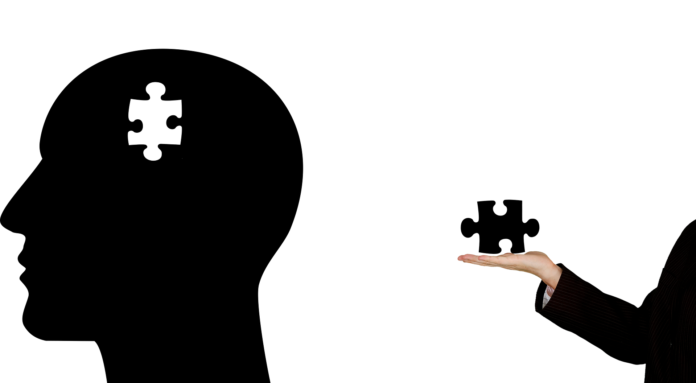Rioters can count on little sympathy. Never again, is the general opinion after riots in Eindhoven, Den Bosch and other cities. The opposition is gaining momentum. But do those sounds also reach the rioters? And does this do something to them? We asked psychologists Bjarne Timonen and Mischa Coster.
Many young people were among the rioters who broke out in Eindhoven, Den Bosch and Tilburg, among others. According to Bjarne Timonen, rioters are quite sensitive to public opinion. “You see that football fans protect their city. That does play a role. But also influencers or famous people who speak out. Young people look up to that. ”
Psychologist Mischa Coster says it is important that the public message is: this should not happen again. “It is better if everyone says this is not okay. Preferably in a bundled form, with statistics. So a large amount of the Netherlands does not consider the behaviour of the rioters normal. This will be achieved. Whether it really gets through to everyone is another question. The hard-learned rioters will be less interested. ”
Coster continues: “When rioters see that this behaviour is being rejected in all corners of society, it automatically becomes less fun. And it increases the chance of being caught. I saw a tweet from someone suggesting to put dyes in the water cannon. Then you are visible as a rioter. That way seems very effective to me because you create shame there. And shame is a very strong emotion.”
According to Timonen, it is important to talk to the rioters. “It is very good to condemn the behaviour. But also make a distinction between the instigators of the violence and the people who let themselves be influenced. We can still talk to the latter group. ”
“Young people are angry on the street. They look unhappy. People don’t just do this. That comes from somewhere. Too little attention is paid to these psychological problems, ”says Timonen.
Source: Omroep Brabant
Translator: Shufei











